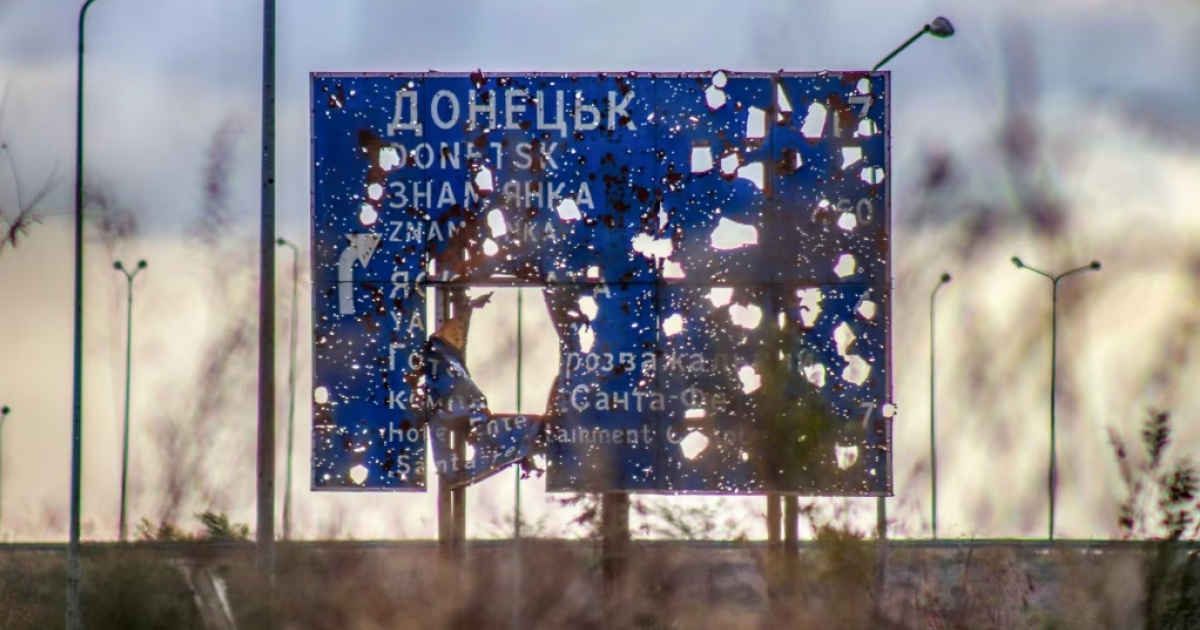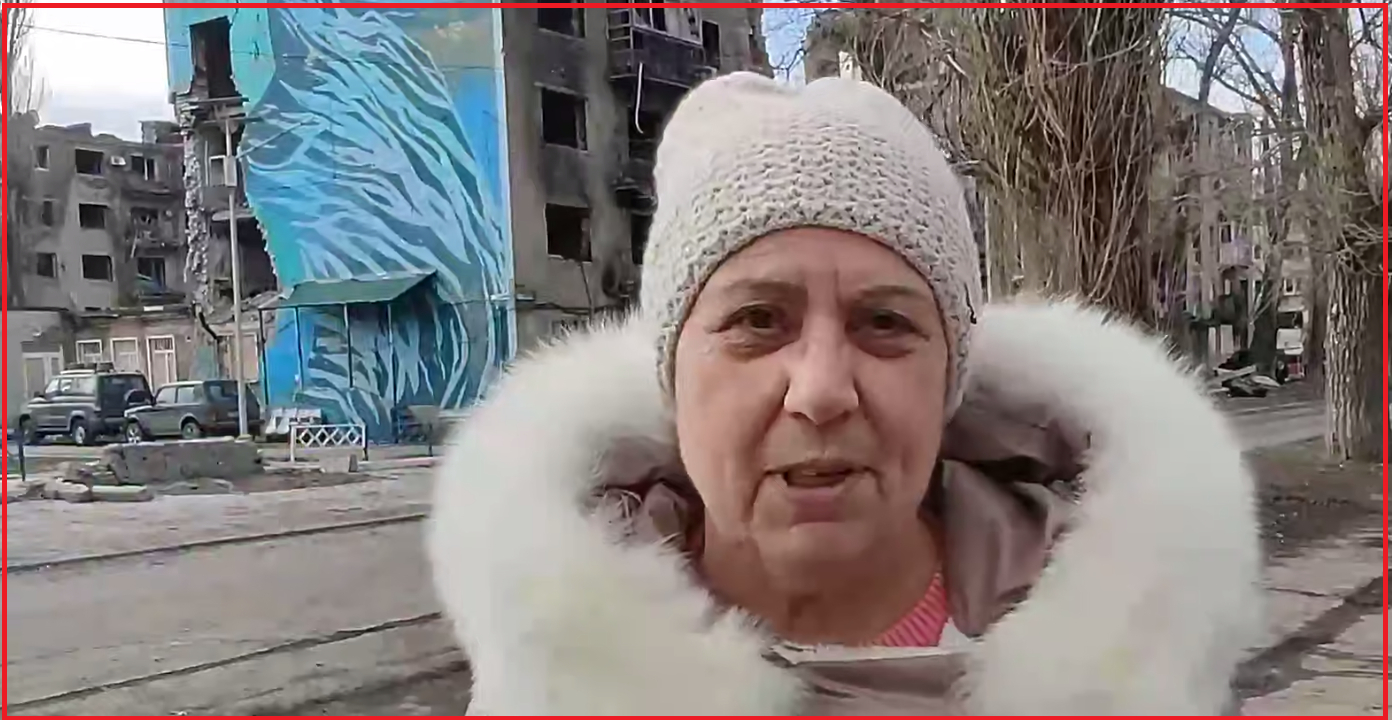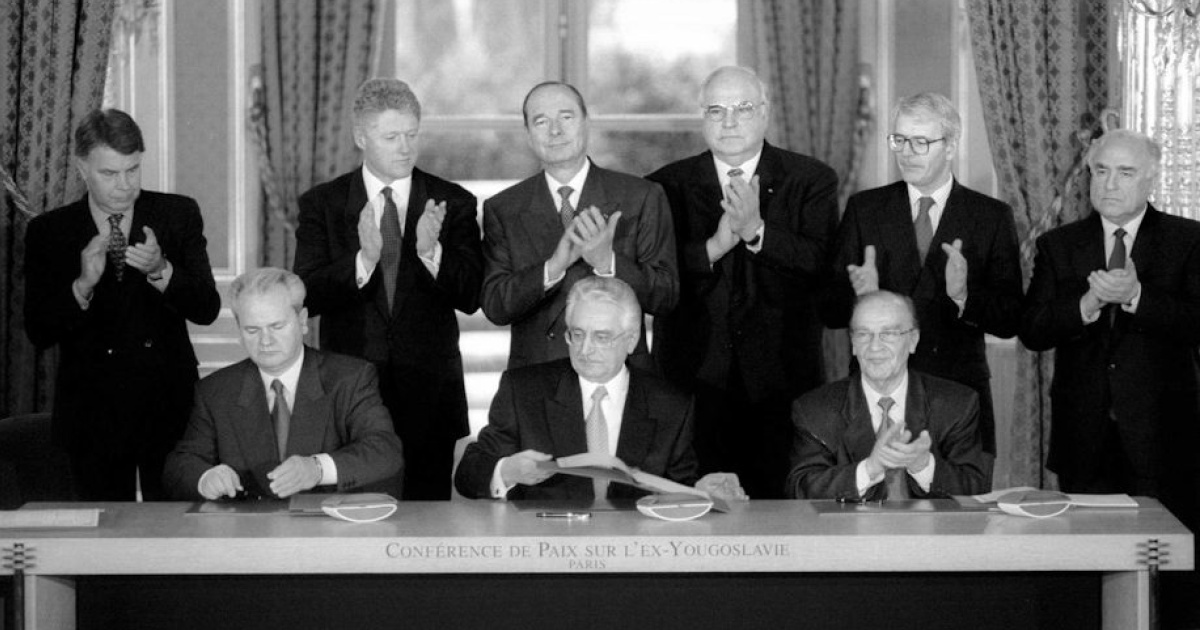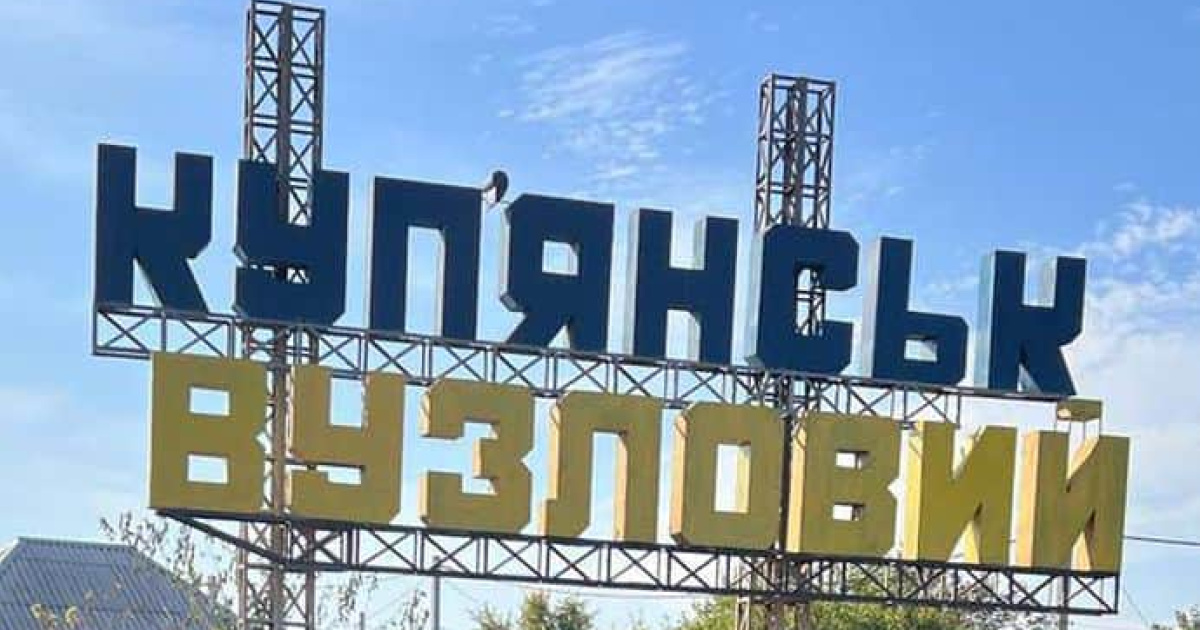Only two largest financial industrial groups in Ukraine can consider the outgoing year profitable. These are Rinat Akhmetov's SCM and Ihor Kolomoyskyi's Privat.
The remaining billionaires had to be content with the role of extras on this "Feast of life". For some, 2019 turned out to be a complete rough patch.
Grigorishin, Pinchuk and Taruta: If you're leaving, leave
Owner of the Energy Standard Group Konstantin Grigorishin lost 50%+1 share in the Sumy Research and Production Association (SRPA) in November this year – once one of the blue chips in Ukrainian engineering. It produced compressor gas pumping stations (mainly for the Russian Gazprom) and other high-technology products.
Now the SRPA positions itself as manufacturer of metal furniture, benches, litterbins and perforated mesh. Accordingly, the value of this asset fell dozens of times. So, the loss for a native of Zaporizhia, who has lived in Moscow for a long time, is not so great.
K.Grigorishin had to give a controlling stake in the SRPA simultaneously with 29% in JSC Kharkivoblenergo in compliance with the High Court of London order, adopted back in 2017, when considering a dispute between former and current shareholders of the enterprise.
The future of Zaporizhtransformator (ZTR) and PJSC Luhansk Energy Association (LEA, formerly Luhanskkoblenergo), included in the Energy Standard, is also in question. According to the media reports, the debt of ZTR to a pool of banks totals $441.2 million, LEA owes to the state represented by the Energorynok state-owned enterprise $221.4 million.
In truth, the consumers also have a debt of $213 million to LEA. But they are mainly located in CALO, seized by separatists with the support of the Russian military. Therefore, it is problematic for LEA to return this money and pay off its own debt. Bankruptcy proceedings were initiated in relation to ZTR and LEA in the past year.
But that is not all: K.Grigorishin's stake in PJSC Vinnytsiaoblenergo may be taken away by owner of the Ukrprominvest Group, ex-president of Ukraine Petro Poroshenko.
According to the media reports, even before taking office, he lent K.Grigorishin (with whom he had joint business projects) $90 million - and now he quite persistently wants to get them back.
This way, Energy Standard may lose almost all of its Ukrainian assets quite soon.
A similar situation is with co-owner of the once powerful group Industrial Union of Donbass Serhiy Taruta. Gradually, the group began to "melt away" under V.Yanukovych – little was left of it by the end of P.Poroshenko's reign.
In the midst of the 2019 summer holiday season, IUD sold Gdansk Shipyard and GSG Towers company, manufacturer of metal structures for wind-powered generating plant. The buyer was the state Industrial Development Agency of Poland.
Both enterprises were in a state of bankruptcy, so S.Taruta could not get any money for these assets.
It is not entirely clear how the issue of debt of the Alchevsk Metallurgical Plant will be resolved. The moratorium on claims of creditors to the AMK for a total amount of $5.3 billion ended on December 5.
This is mainly a loan on a syndicated bank credit taken in the mid-2000s for the AMK modernization.
The enterprise is located in CALO and, according to the media reports, representatives of fugitive Kharkiv oligarch Serhiy Kurchenko now "run the show" there. Well, the IUD announced the loss of control over the AMK back in 2017.
Then, in 2017, IUD unofficially transferred its Dnipro Metallurgical Plant to the management of R.Akhmetov's Metinvest holding to pay off billions of debts for the previously supplied iron ore.
Now the group has almost no assets left in Ukraine and abroad, with the help of which S.Taruta could pay off the debts of the AMK. The French Societe Generale bank and the Austrian Raiffeisen Bank International AG are among its creditors.
Technically, there is still the Hungarian ISD Dunaferr Iron and Steel Works. But in fact, it is controlled by the Russian shareholders of IUD, with whom S.Taruta has been litigating in Cyprus for several years.
Things of owner of the EastOne Group Victor Pinchuk were not going well in 2019 too.
His oil and gas business "lost weight" due to the sale of 28.65% in Regal Petroleum Plc., which conducts oil and gas production in Ukraine at the Mekhediv-Holotovshchynsky and Svyrydivsky gas condensate fields (both in the Poltava oblast).
It is interesting that it became known about the suspension of the Regal Petroleum license for the right to develop these fields by the relevant order of the State Service of Geology and Subsoil of Ukraine in March of this year.
Citing sources in London (where the company is registered), the media reported that struggle of principal shareholders, V. Pinchuk and owner of Smart Holding Vadym Novynskyi was the reason.

According to the sources, V.Pinchuk, who owned 28.65% in Regal Petroleum, wanted to "move" V.Novynskyi (who had 54%) and get a controlling stake on this asset. However, the "mutiny aboard" ended not in favor of the EastOne owner.
Following the results of 2018, Regal Petroleum produced 35 million m3 of gas and 2.3 thousand tons of gas condensate, as well as 19.1 thousand tons of oil. Thus, its share in Ukrainian oil production is 1.26%. Not the most significant asset, but still.
V.Pinchuk decided to part with his Credit Dnipro bank completely voluntarily. It became known in early December that representatives of the Kharkiv oligarch Oleksandr Yaroslavsky were studying the financial situation of the bank as part of due diligence. This procedure can be compared with the arrival of potential buyers to view the apartment when it is sold. That is, it is too early to talk about a deal as a fait accompli.
According to media reports, the initiator of the sale is current owner of the bank. The situation in it is not so good: net profit of $3.33 million was received for 10 months of this year, but following the results of 2018, a net loss of $9.85 million was recorded.
Thus, a loss in the amount of $6.5 million remains uncovered. This means that the transaction is unlikely to bring V.Pinchuk replenishment of a personal bank account – just like in the case of S.Taruta's sale of the Polish assets.
The only positive for EastOne in 2019 was the restructuring of Interpipe pipe and metallurgical corporation's debt of $1.4 billion. The lenders wrote off 60% of the debt and left the previous 10.25% rate on the remaining liabilities.
Alongside this, Interpipe had to issue 3.05 thousand special securities – units. These are the so-called "value recovery tools", the payments on them are tied to the financial performance of Interpipe in the next 10 years.
Let us recall that in 2015, the then Minister of Finance Natalia Yaresko restructured the state debt of Ukraine. At that time, part of the government obligations was also written off (although much less than in the case of V.Pinchuk). But at the same time, the Ministry of Finance had to issue special warrants for lenders – papers on which they would receive payments if the economy of Ukraine grew more than 3% per year.
This circumstance caused heavy criticism of N.Yaresko. Although the example of V.Pinchuk shows that the issue of such special papers, the payments on which may be or may not be, is a standard business practice.
Another thing is that the action of units for Interpipe was set for 10 years, and for the state of Ukraine – until 2040, i.e. for 25 years. And they wrote off 60% of the debt to V.Pinchuk, and only 20% to Ukraine.
Therefore, yes, the restructuring of N.Yaresko was far from the most profitable case for the state. On the other hand, none of the critics said: "I could agree on the best conditions!".
Firtash, Bakhmatyuk and Zhevago: Replenishment has arrived!
Owner of the Group DF holding Dmytro Firtash was the first Ukrainian oligarch to personally experience specific feeling of unfreedom that arose in a prison cell.
To be honest, he did not have to spend time in an Austrian prison for long: from February 24 to March 21, 2014, until the bail of €125 million was posted.
Since then, the billionaire has been staying in Austria, fearing extradition to the American law enforcement agencies.
At the end of June this year, the Austrian Supreme Court upheld the decision of the Vienna High Land Court, issued in 2017, on the extradition of D.Firtash to the USA – however, he continues to live as if nothing had happened in his luxurious Viennese estate.
Officially, the procedure stumbled upon some bureaucratic incidents again, in fact, the Austrian authorities simply protect the oligarch from meeting with American justice – perhaps, not disinterestedly.
It is clear that this way, the process proceeds according to the script of the famous folk character of Nasreddin Hodja – when either the donkey or the padishah eventually dies.
Meanwhile, the Group DF's life in Ukraine is slowly getting better after pressure during the reign of P.Poroshenko. Even despite a fine of $11.85 million from the Antimonopoly Committee of Ukraine, written to the regional gas companies of D.Firtash in mid-December – for unlawful accruals to the population.
But chairman of the board of NJSC Naftogaz of Ukraine Andriy Kobolyev no longer recalls the disputed volumes of gas worth $1.17 billion – which, as he claimed, had been appropriated by regional gas companies of D.Firtash. The head of Naftogaz threatened to wheedle this money out through the court – but six months have passed, and nothing has been heard about filing the lawsuits. Meanwhile, the source of OstroV in Naftogaz reported that "Firtash had resolved all issues".

It is no need to explain how you can "resolve" any issue in Ukraine. It remains to stock up on popcorn and see if owner of the Finance and Credit Group Kostyantyn Zhevago and the Ukrlandfarming Group Oleg Bakhmatyuk can "solve the problems" in the same way.
Both received the status of suspected of criminal proceedings for multi-billion theft from their banks this year.
Of course, both deny the allegations and consider themselves victims of political repressions. It is possible to agree with them to some extent.
Suspicions (of course, in absentia) were announced against the backdrop of the demands of the International Monetary Fund to ensure progress in the investigation of thefts from the Ukrainian banking system – which were offset by the state. That is, from the budget.
This was a condition for opening a new loan program to President Volodymyr Zelensky and his team. Therefore, the authorities had no choice but to find some scape goats.
However, it is not entirely clear why Ukrainian law enforcement agencies did not file similar charges against the former co-owners of Privatbank Ihor Kolomoyskyi and Gennadiy Bogolyubov – if even the High Court of London admitted that several billion dollars from this bank were withdrawn fraudulently.
Whatever the case, the fact remains: there are more billionaires who are involved in criminal cases as defendants this year.
Akhmetov: everything is fine, as has always been the case
The change of power in the country after the presidential and parliamentary elections did not affect the business of owner of the SCM Group.
You just need to look around and see how his competitors are doing to understand this.
Everyone remembers the summer visits of the SBU officers to the country's largest mining and metallurgical plant ArcelorMittal Kryvyi Rih (AMKR), which is part of the transnational ArcelorMittal concern with headquarters in London.
The SBU opened criminal proceedings against the plant's administration under the article on liability for environmental pollution with a particularly grave consequences (ecocide).
But what is interesting: the data of the State Statistics Service of Ukraine on polluting emissions for 2018 in the context of individual enterprises became available in mid-December.
It turned out that the Mariupol Metallurgical Plant named after Illich, member of the Metinvest Group, is the leader in terms of emissions – 266.608 thousand tons.
The AMKR is in second place with an indicator of 201.909 thousand tons. On the whole, in the top 10 largest polluting enterprises, 6 were representatives of Metinvest and DTEK, members of SCM.
Thus, if the new leadership of the country really were so worried about the environmental situation in industrial regions, it would be more logical to start with R.Akhmetov's group. But that did not happen. This is an important indicator. It shows that the SCM business under V.Zelensky has retained its former status, which guarantees the extremely loyal attitude of the authorities.
The situation in the energy sector is another illustrative example.
Cancellation from July 1 of this year of the scandalous Rotterdam+ formula, which allowed DTEK to receive superprofits under P.Poroshenko, was offset during the energy reform, which abolished state regulation of electricity prices for industrial consumers.
At the same time, state-owned companies in the field of nuclear and water energy were assigned to special obligations to supply electric power to the population at a fixed price – releasing heating companies from such obligations (about 80% of Ukrainian heat power is concentrated in DTEK).
Of course, not everything was so rosy, there were separate attempts to attack the SCM business positions in 2019.
Among them, one can note an attempt to increase rental payments for iron ore production several times and reduce electricity tariffs from renewable sources. As a result, the increase in rents turned out to be quite small, and the initiative to reduce the "green" tariffs for electricity (by the way, one of the highest in Europe), voiced by V.Zelensky in early October, will concern only new SPPs and WPPs.
That is, Norwegian competitors of R.Akhmetov from Scatec Solar that have already announced the forced suspension of a number of their projects fall under it.
This year, DTEK was able to complete a number of large-scale projects in the "green" energy sector, started under V.Yanukovych and suspended in 2014, after the outbreak of war in the Donbass. These are Pokrovska and Nikopolska solar power plants with 240 and 246 MW (the largest in Europe), Orlovska and Prymorska (Phase II) wind power plants – 100 MW each.
This is also an indicator showing that the business group of R.Akhmetov fully recovered from the shock effect of 2014-2015. and pick up steam again.
Let us recall that due to the sky-high "green" tariffs, the cost of electricity in Ukraine is higher than in neighboring countries.
Thus, the excess profit for the DTEK RES (renewable energy sources) division is formed out of the pocket of ordinary Ukrainian taxpayers.
Metinvest was doing relatively well. The group formalized its presence at the Zaporizhstal plant and received permission from the Antimonopoly Committee of Ukraine to purchase the Dnipro Coke and Chemical Plant.
In fact, the deal took place in 2013 and now, 6 years later, it is finally formalized.
Metinvest reported a deterioration in financial performance in January-June (the revenue decreased by 6% compared to the same period in 2018, to $5.818 billion), but in general, the drop in the world steel prices for the group was offset by the high cost of iron ore in foreign markets.
Withdrawal from retail was a fly in the ointment: the SCM-owned Brusnichka retail chain was closed, and its managing company, Ukrainian Retail, is in bankruptcy proceedings. But this asset brought quite little income compared to the main business in metallurgy and energy industries.
One can also consider the sale of the Vega telecom operator Vega, which became known in May, as a release from unnecessary ballast. The company is engaged in wire telephony, which is becoming less popular among the population.
This deal confirms that the long-suffering Ukrtelecom have no use for SCM too. There are high chances that it will be given back to the state in 2020.
Moreover, this will be presented as a victory over the oligarch, who has been pretending to dispute reprivatization in the courts for several years.
The refusal of state-owned Oschadbank from claims to Ukrtelecom for $47 million on previously taken loans can be considered an important step in this direction.
This is after the bank already won a trial against SCM on Ukrtelecom by $64 million in July. Now it became known about the intention of the parties to settle amicably.
Kolomoyskyi: time to collect bonuses
The courts also received main achievements of the Privat Group for 2019. We can limit ourselves to a brief listing of them.
The Kyiv Commercial Court refused to return the DniproAvia company to the state at the suit of the State Property Fund of Ukraine and thus left the Dnipropetrovsk airport at the disposal of I.Kolomoyskyi and his partners – despite the failure to fulfill the investment obligations.
The Supreme Court of Ukraine (SCU) canceled fines of $56.7 million for the companies of Privat Group for agreement at auctions for the sale of a resource extracted by the PJSC Ukrnafta state-owned company, de facto working in the interests of Privat.
Meanwhile, the quite dark scheme was implemented: in a burst of inexplicable generosity, the state-owned company donated oil worth $281.9 million to the firms related to Privat.
Which, of course, paid nothing. That is, the money was simply withdrawn from the state-owned company in the interests of its private minority shareholders this way.
The investigation of the criminal proceedings on this fact is still in the NABU. Nevertheless, the AFU considered that a number of Privat's oil trading companies cannot be considered interconnected.
In turn, the District Administrative Court of Kyiv canceled the nationalization of Privatbank, declaring it unlawful. And thus, opened up the possibility for I.Kolomoysky to demand compensation for the loss of control over the country's largest financial institution.

The decision of the Northern Economic Court of Appeals, which freed the Privat companies from the obligation to repay loans to state-owned Privatbank for $320.3 million, can be considered icing on the cake.
That is, this is money that I.Kolomoyskyi withdrew from the bank under the guise of loans to companies connected with him, which he was allowed not to return. The resulting loss was covered by the state.
As noted above, O.Bakhmatyuk and K.Zhevago were served with charges in the criminal proceedings for such schemes. Well, not everyone is given the opportunity to openly and with impunity "milk" the state budget and millions of taxpayers.
Valeriy Baikalov, OstroV





